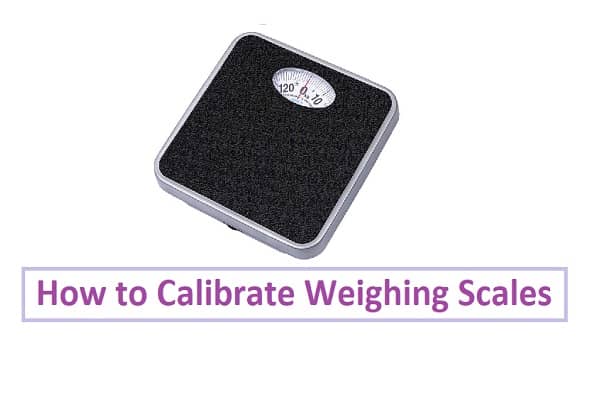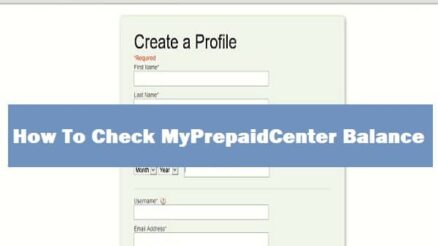Contents
Weighing scales are used daily by businesses. This is the case locally and globally. But although the scales are used daily, this isn’t the same as meaning they’re necessarily used correctly. Unfortunately, there can be a lot of consequences in terms of lost time and costs if a scale isn’t correctly calibrated. That’s why it’s important to understand how weighing scales can be calibrated, and how to deal with any troubleshooting that occurs along the way.
Know Your Measurements
In order to correctly calibrate weighing scales it’s essential to understand what they can measure precisely. This requires knowing the scale of different common measurements such as kilograms and pounds, and how they relate to one another. For example, 1 kilogram (kg) is equal to 2.20462262185 pounds (lbs). By knowing various measurements and how they covert to one another, it can be easy to identify whether or not scales are correctly calibrated when weighing different goods that’ve been sent with information regarding their estimated weight.
Understand What Components Scales Feature
Although all scales perform weighing tasks, not all of them feature the same components. For example, there is a substantial difference between the technology within a floor or countertop scale – AKA a ‘platform’ scale – in comparison to a hanging scale. If seeking to calibrate the scale it’s necessary to keep in mind this difference, as calibrating a platform scale will require a slightly different process than calibrating a hanging one.
Also read: Arrangement of Value Control Tests
Recognize the Big Difference Between Analogue and Digital
When seeking to calibrate a weighing scale it must be remembered there is also a considerable difference between how a digital and analogue scale will operate. Not only in the calibration process, but throughout the life of its use. While an analogue scale will have the advantage of being a little more cost-effective over time in comparison to a digital scale that runs on battery power, as a rule a digital scale will also be much easier to read.
Get a Weight Calibration Kit
Once there is an understanding of the wide variety of differences that exist across the weighing scales market, it’s then time to acquire a weight calibration kit. Although it is sometimes possible to use personal goods such as gym weights to calibrate a scale, a weight calibration kit will offer the versatility that comes with a wide variety of weights. Also, the peace of mind in knowing the scale has been calibrated with absolutely precise measurements via the calibration kit.
A Weighty Task
Calibrating weighing scales isn’t always easy. It can require an understanding of a scale’s measurements and its components. It can also require understanding the differences between how analogue and digital scales display information. Fortunately once this knowledge is in-hand, it’s then possible to acquire a weight calibration kit and use it with confidence in calibrating a scale to ensure it records the right weight with each measurement.





